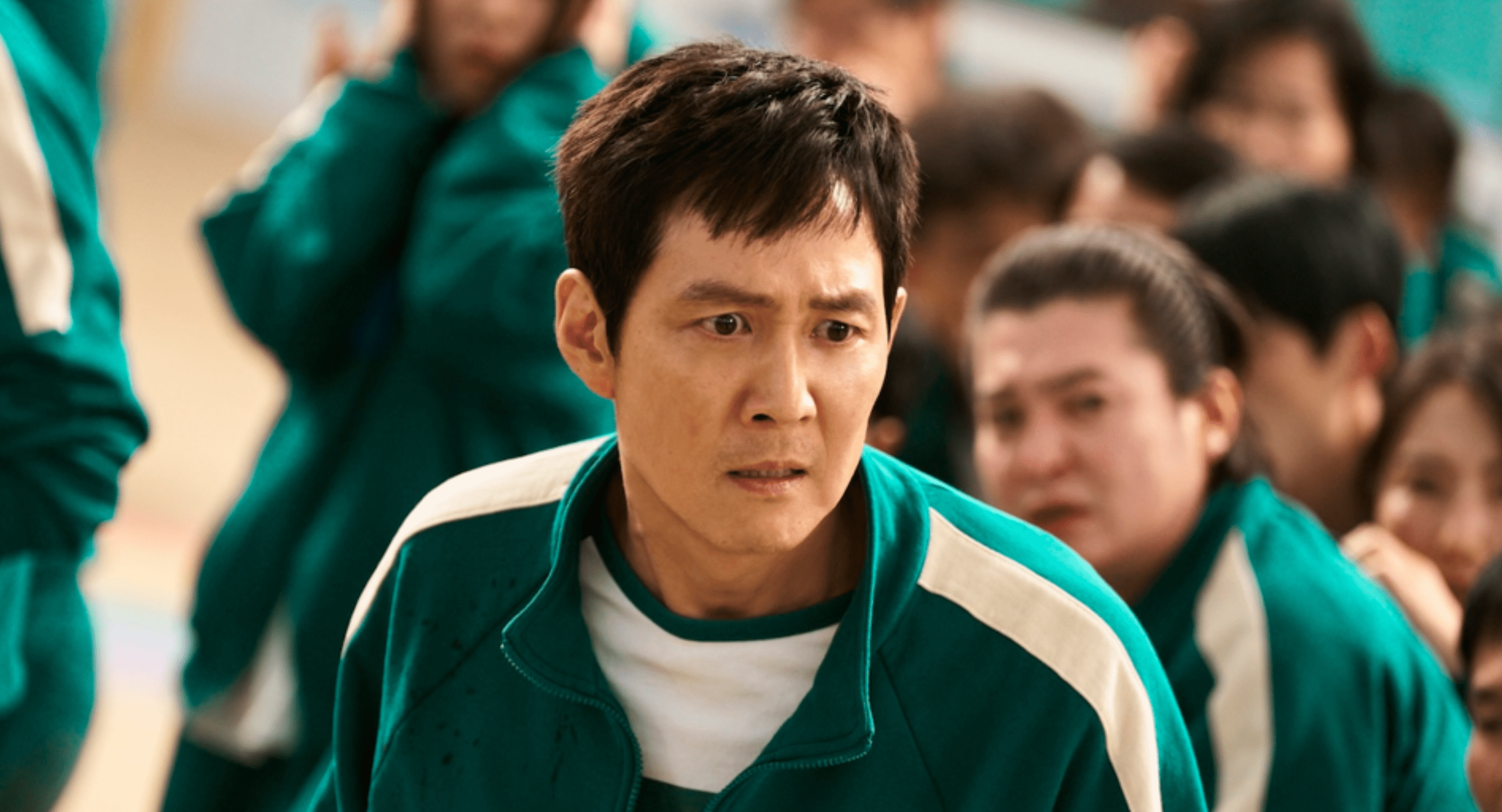James Mangold’s A Complete Unknown ambitiously tackles the transformative years of Bob Dylan’s career, focusing on his rise as a folk icon and the controversy surrounding his 1965 Newport Folk Festival performance. With Timothée Chalamet delivering a charismatic yet enigmatic portrayal of Dylan and Elle Fanning adding emotional depth as Sylvie Russo, the film offers moments of brilliance. However, despite an engaging first half, the narrative falters as it struggles to balance historical reverence with cinematic storytelling.
Strong Performances and a Captivating Start:
Chalamet’s Dylan is magnetic, embodying the artist’s aloofness and complexity without reducing him to a mere impersonation. His physical transformation and nuanced performance anchor the film, capturing both Dylan’s charisma and his internal conflict. Similarly, Elle Fanning excels as Sylvie Russo, a fictionalized version of Suze Rotolo. Fanning portrays Sylvie with a blend of warmth and frustration, making her relationship with Dylan one of the most compelling aspects of the film.
The first half of A Complete Unknown is engaging, exploring Dylan’s early days in New York City with a keen eye for detail. Scenes depicting his interactions with folk legends Woody Guthrie (Scoot McNairy) and Pete Seeger (Edward Norton) bring to life the cultural and political ferment of the 1960s folk scene. Dylan’s journey from a wide-eyed newcomer to a rising star is fascinating, with Mangold deftly balancing biographical exposition and character development.
A Meandering Second Half:
Unfortunately, the film loses momentum in its latter half. As Dylan’s career advances, the narrative becomes disjointed, attempting to cram too many events and relationships into the runtime. Dylan’s transition to electric music, the central dramatic conflict, feels rushed and underexplored. While the 1965 Newport Folk Festival performance is staged with intensity, the buildup lacks the emotional weight needed to make it truly impactful.
The decision to fictionalize certain characters and events, such as renaming Suze Rotolo as Sylvie Russo, adds a layer of detachment. While Fanning’s performance compensates for this, other relationships, such as Dylan’s affair with Joan Baez (Monica Barbaro), are underdeveloped. Baez, a significant figure in Dylan’s life and career, is relegated to a supporting role, her character reduced to a foil for Dylan’s ego.
Historical Reverence vs. Cinematic Storytelling:
Mangold’s reverence for Dylan’s legacy is evident, but it often comes at the expense of narrative coherence. The film’s episodic structure and frequent time jumps make it difficult to form a cohesive emotional arc. Key moments, such as Dylan’s decision to go electric, are depicted but not deeply examined, leaving audiences with little insight into the artist’s motivations.
While A Complete Unknown aims to capture Dylan’s artistic rebellion, it sometimes feels more like a series of vignettes than a fully realized story. The dialogue, though occasionally sharp, leans too heavily on exposition, with characters often stating themes rather than allowing them to emerge organically.
Visuals, Music, and Direction:
Visually, the film captures the essence of the 1960s folk scene, with its muted color palette and period-accurate production design. However, Mangold’s direction, while competent, lacks the inventiveness needed to elevate the film’s more static moments.
Overall:
A Complete Unknown is an uneven biographical drama that shines in its performances and depiction of Dylan’s early years but stumbles in its attempt to portray the complexity of his artistic evolution. While Chalamet and Fanning deliver standout performances, and the first half captures the allure of the 1960s folk scene, the film’s second half fails to sustain its momentum, resulting in a disjointed narrative.
For Dylan fans, the film offers an affectionate, if flawed, exploration of his legacy. For others, it may feel like a missed opportunity to delve deeper into the man behind the music.
-
Acting - 6/10
6/10
-
Cinematography/Visual Effects - 5/10
5/10
-
Plot/Screenplay - 4/10
4/10
-
Setting/Theme - 6/10
6/10
-
Watchability - 3/10
3/10
-
Rewatchability - 1/10
1/10












